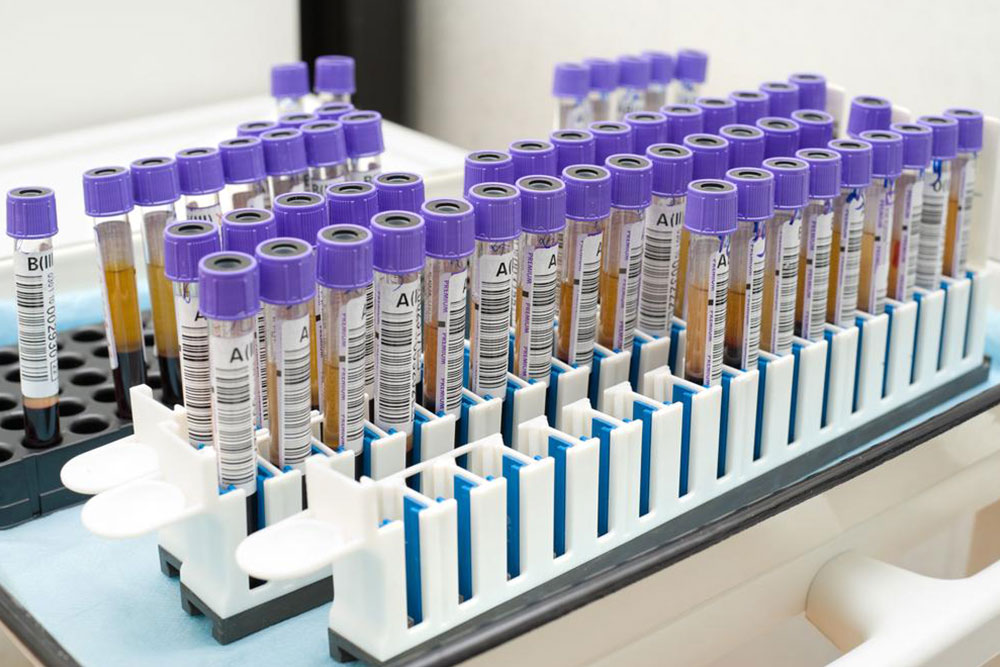Key Insights on Genetic Testing for Prostate Cancer Risk
Discover the essentials of genetic testing for prostate cancer, including its types, benefits, and who should consider screening. Early detection can significantly improve treatment outcomes, especially for those with a family history. Learn about diagnosis methods and the importance of proactive health monitoring to combat prostate cancer effectively.

Key Insights on Genetic Testing for Prostate Cancer Risk
Prostate cancer develops in the prostate gland, located in front of the rectum and below the bladder. It is vital for sperm nourishment and urine regulation in men. Early stages are typically slow-growing and less severe when confined, but once it spreads beyond the prostate, it can become serious. Early detection through genetic testing allows for effective management and treatment options.
Prostate cancer is among the most prevalent cancers affecting men worldwide. Initial symptoms are often subtle, including unusual urination, discomfort during ejaculation, or difficulty urinating, which can be mistaken for other conditions. Men with a family history are increasingly seeking genetic screening to assess their risk and enable early intervention.
Types of Genetic Testing for Prostate Cancer
There are two main genetic testing methods:
Normal cell screening
This involves analyzing healthy cells to detect inherited genetic changes that might elevate cancer risk.
DNA analysis of cancerous cells
This method is recommended after a prostate cancer diagnosis to study mutations within cancerous tissues for better treatment planning.
Advantages of Genetic Testing
Genetic screening plays a crucial role in preventing and detecting prostate cancer early. It helps identify inherited risks, guide treatment choices, and determine eligibility for clinical trials. Men with a family history or other risk factors should consider testing to improve health outcomes.
Who Should Consider Genetic Screening?
Men over age 40 or those with a family history of prostate, breast, ovarian, or bowel cancer should undergo testing. Early screening is especially important if prostate cancer appeared at a young age in relatives or if there is a history of related cancers.
Prostate Cancer Diagnosis Methods
Diagnosing prostate cancer involves various tests, such as:
Ultrasound – A transrectal ultrasound that visualizes the prostate using a probe inserted into the rectum.
Tissue biopsy – Collection and examination of prostate tissue samples to detect cancer cells.
MRI fusion – An advanced imaging technique combining MRI scans to accurately identify cancerous areas.
Once a genetic predisposition is identified, it’s essential to monitor health indicators closely, enhance awareness, and adopt preventive measures.









